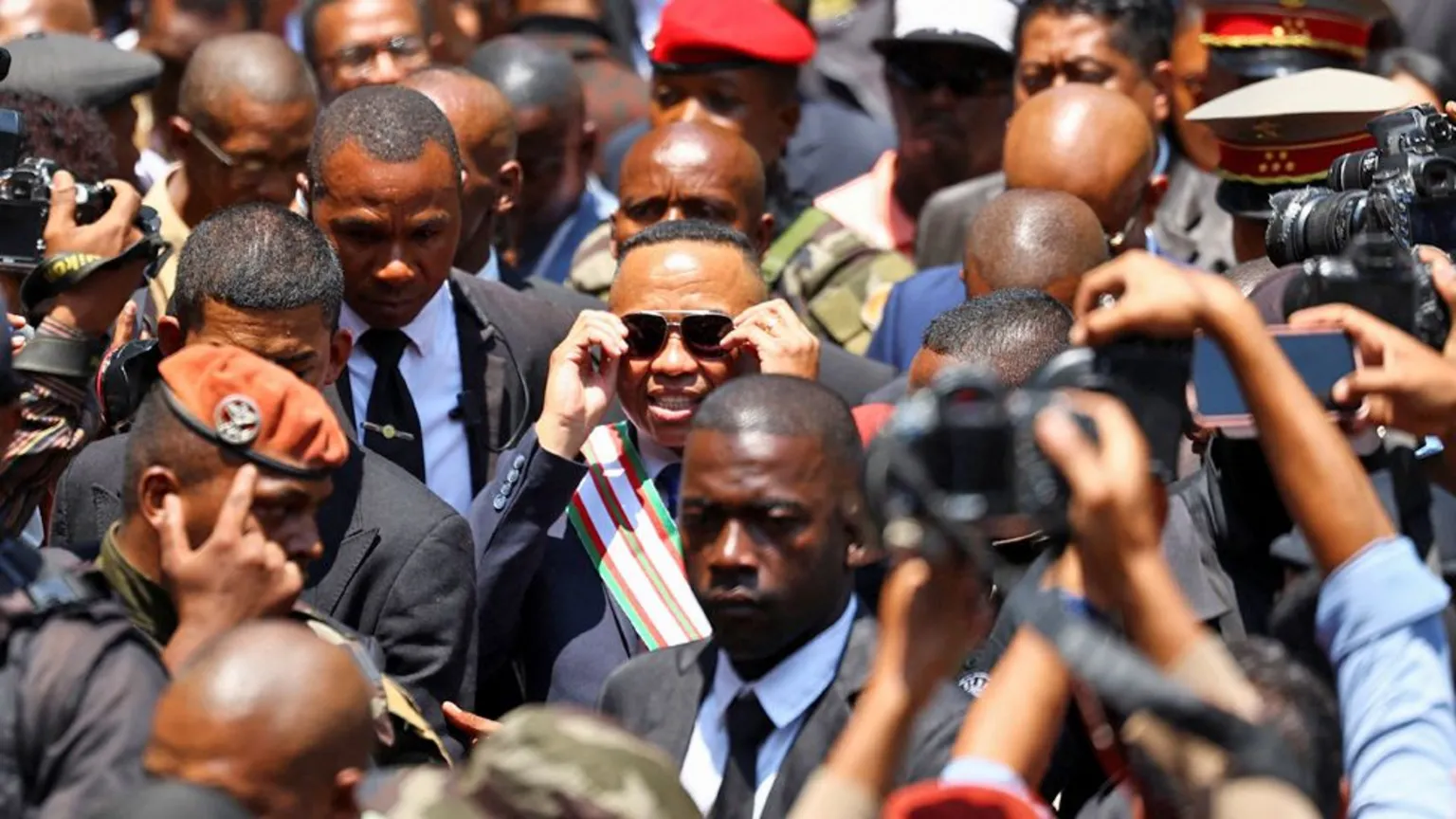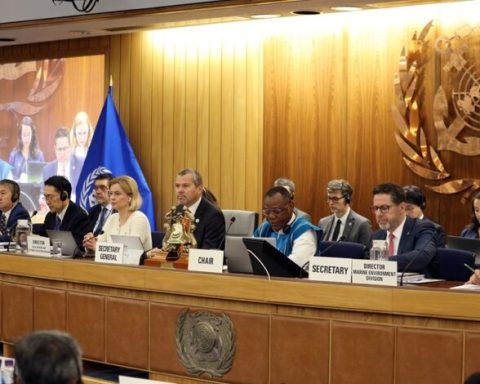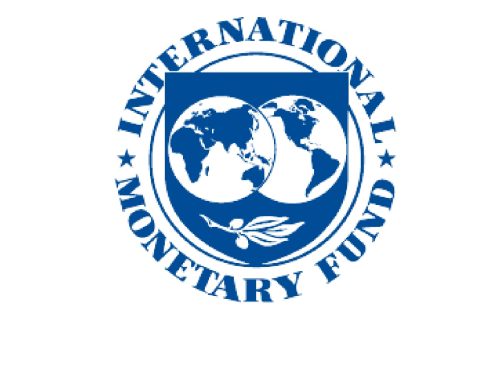Colonel Michael Randrianirina, commander of Madagascar’s elite special forces unit, was sworn in as president on Friday, days after mass youth-led protests and a military takeover forced President Andry Rajoelina to flee the country.
The ceremony took place at the Constitutional Court in the capital, Antananarivo, where Randrianirina, dressed in a dark suit instead of his usual fatigues,
pledged to head a transitional military government and oversee elections within two years.
“We will work hand in hand with all the driving forces of the nation to draft a new constitution,”
Join our WhatsApp Channel
Randrianirina said in his inaugural speech. “Our main mission is to thoroughly reform the country’s administrative, socio-economic, and political systems of governance.”
The colonel, who was detained without trial in 2023 under Rajoelina’s administration, vowed to defend national unity, strengthen human rights, and address
the widespread power and water shortages that had helped spark the revolt.
The crisis began in late September when young protesters took to the streets over worsening shortages of electricity and water. What started as frustration over basic services quickly evolved into broader demonstrations against corruption, economic hardship, and what many saw as years of political stagnation
under Rajoelina.
By early October, the protests had spread nationwide, led largely by Gen Z activists using social media to mobilize supporters. On October 11, Randrianirina’s
elite CAPSAT unit announced its support for the demonstrators, refusing orders to disperse them.
Days later, troops loyal to the colonel seized government buildings and key institutions in the capital. Rajoelina fled the country on October 13, reportedly
on a French military aircraft, after saying he feared for his life. The National Assembly later voted to impeach him and endorsed the formation of a transitional
authority.
The African Union, United Nations, and Western governments condemned the power grab, calling for the swift restoration of constitutional order. UN Secretary-General
António Guterres described the events as a coup and urged restraint by all sides.
However, several foreign diplomats, including representatives from France, Germany, Britain, China, and the European Union, attended Friday’s swearing-in
ceremony, signaling cautious engagement with the new leadership.
Prime Minister Ruphin Zafisambo, appointed just days before Rajoelina’s departure, and former president Marc Ravalomanana were also present.
Despite the official handover, uncertainty remains over Madagascar’s political future. While Randrianirina has promised reforms and elections, critics
fear a prolonged period of military rule.
At least 22 people have died and dozens have been injured since the protests began, according to United Nations estimates.
Madagascar, an island nation of 30 million people, has endured repeated bouts of political instability since its independence from France in 1960. Rajoelina
himself first came to power through a military-backed coup in 2009 before returning to office in 2019 through elections.
Randrianirina’s rise now marks yet another chapter in the country’s long struggle to balance democracy, governance, and stability.











